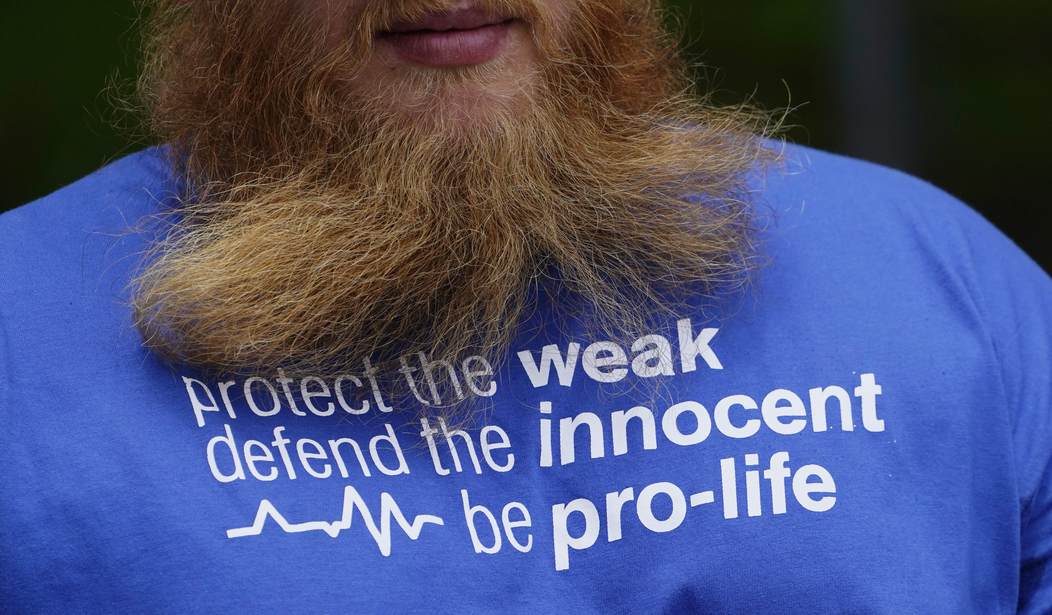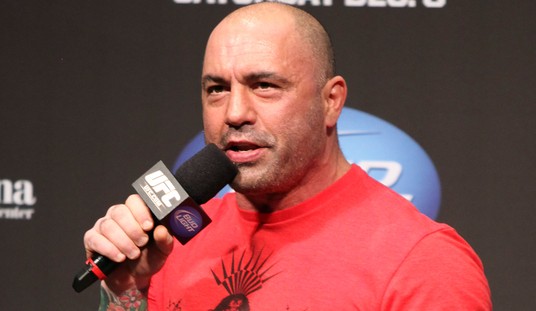Texas Solicitor General Judd Stone this week told the Supreme Court that people who object to his state's abortion ban would have a chance to challenge it -- eventually. But as Justice Elena Kagan noted, the process that Stone had in mind could take "many years," during which time the law, S.B. 8, would continue to have a severe "chilling effect" on a right the Court has long said the Constitution guarantees.
That prospect clearly troubled the justices, including several who take a dim view of the Court's abortion precedents, because they recognized the broader implications. The strategy embodied by S.B. 8, which is designed not only to evade pre-enforcement review by federal courts but also to delay any definitive ruling on the law's constitutionality by state courts, can easily be adapted to attack any right that state legislators view as dangerous or inconvenient.
S.B. 8, which took effect on Sept. 1, prohibits abortion after fetal cardiac activity can be detected, which typically happens about six weeks into a pregnancy. Instead of charging state officials with enforcing its terms, the law authorizes "any person" to sue "any person" who performs or facilitates a forbidden abortion. It promises plaintiffs, who need not claim any personal injury, at least $10,000 in "statutory damages" per abortion if they win, plus reimbursement of their legal expenses.
Although S.B. 8 is plainly inconsistent with what the Supreme Court has said about constitutional limits on abortion laws, its novel enforcement mechanism means that anyone who tries to make that argument in federal court will have a hard time identifying appropriate defendants. The Court grappled with that puzzle on Monday, when it heard oral arguments in two cases challenging S.B. 8.
Stone repeatedly noted that people who face S.B. 8 lawsuits can defend themselves by arguing that the law is unconstitutional. But even if a state judge agreed, the ruling would apply only to that particular case.
Recommended
Under S.B. 8, such a decision would not stop lawsuits against other defendants. It would not even stop lawsuits against the same defendant, who still could be sued in any of the state's 254 counties. And every one of those lawsuits would be a financial drain, since S.B. 8 does not allow prevailing defendants to recover attorney fees.
If a losing S.B. 8 plaintiff appealed, the case could ultimately generate a ruling with a broader impact. But for precisely that reason, anyone who supports the law would be disinclined to pursue an appeal.
The success of S.B. 8 does not depend on actually winning anti-abortion lawsuits, or even on filing them. The mere threat of expensive, unending litigation has been enough to dramatically curtail abortion access in Texas, where the number of abortions performed in September was down by 50% compared to the same month in 2020.
That reality explains why the Firearms Policy Coalition, which has no particular interest in defending abortion rights, filed a Supreme Court brief in support of allowing pre-enforcement challenges to S.B. 8. "Laws that deter or chill the exercise of constitutional rights violate those rights," it said, warning that state legislators could use similar laws to undermine Second Amendment rights, religious liberty or freedom of speech.
That fear was echoed by Chief Justice John Roberts and Justice Brett Kavanaugh, who are hardly fans of Roe v. Wade. If anyone who "sells an AR-15" or who "declines to provide a good or service for use in a same-sex marriage" were "liable for a million dollars to any citizen," Kavanaugh wondered, would federal courts still be powerless to intervene before such lawsuits make their way through state courts?
Stone conceded that his argument against blocking enforcement of S.B. 8 did not hinge on the nature of the constitutional right or the size of the bounty. Although he gets points for consistency, this invitation to privatized oppression should give pause to all Americans, no matter how they feel about abortion.
Jacob Sullum is a senior editor at Reason magazine. Follow him on Twitter: @JacobSullum.

























Join the conversation as a VIP Member